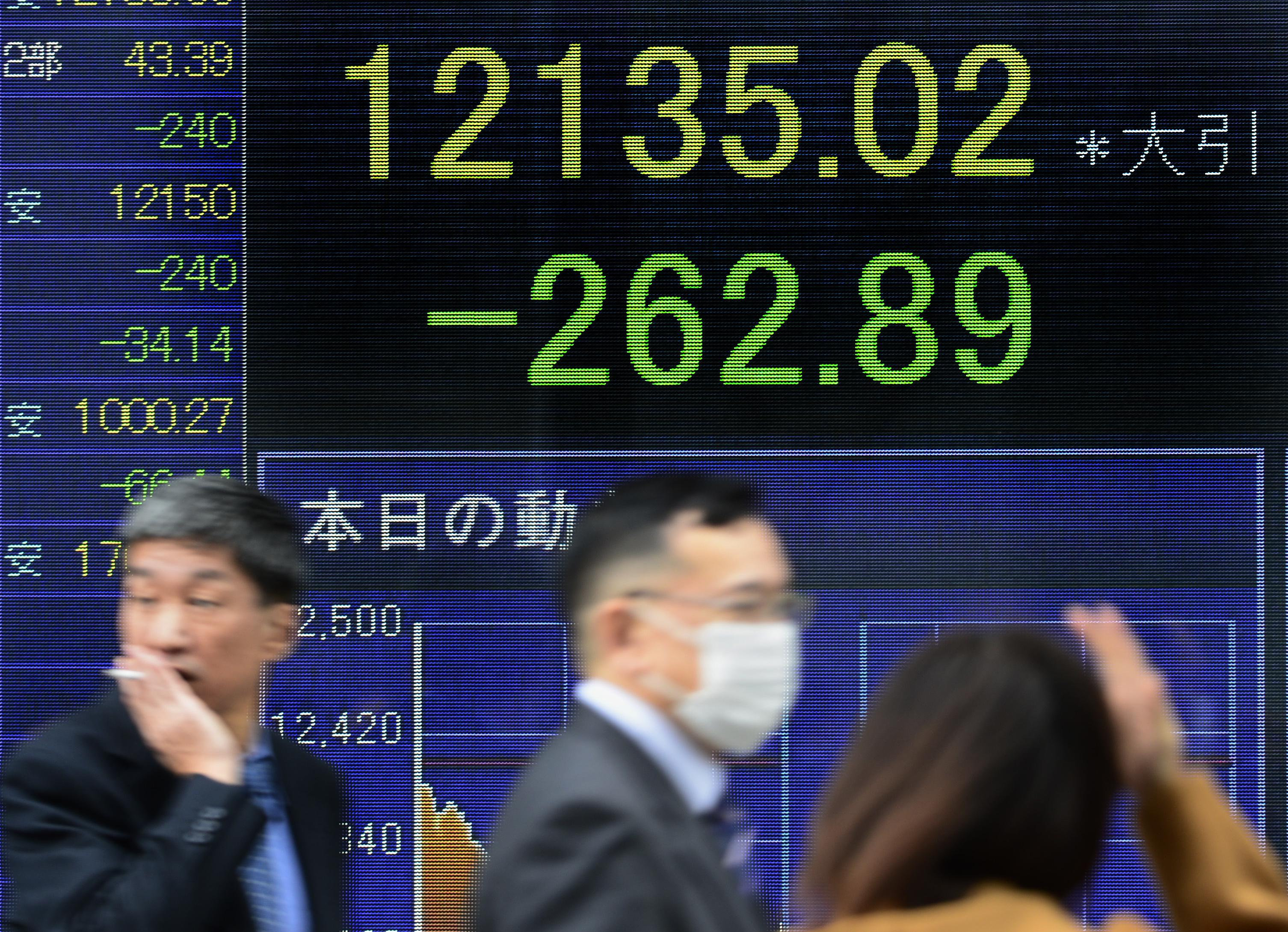The steady day-by-day upward tick of the Nikkei stock index has been the most visible impact of Abenomics in Japan, but overnight things took a scary turn for investors who’d rushed into Japanese shares over the past month or so as the Nikkei plunged over seven percent. It’s a sign of how strong the Abe rally has been that this essentially leaves the market where it was ten days ago and wildly higher than it was when Abe took office around Christmastime. Still, any plunge of that size is going to get attention.
The broader context is that some weak preliminary data on Chinese industrial production have Asian markets broadly down, after a day of Ben Bernanke hinting that “tapering” of QE3 was possible not offset by any hint that accelerating it might happen also drove western markets a bit down. Meanwhile survey data out of Europe indicated that France and even Germany are likely in an economic contraction phase.
All things considered, Japan probably had a better news day in terms of the fundamentals than other large markets. But the big upward rise of the Nikkei over the previous six months and the controversial nature of Abenomics seems to have meant that when things took a bearish turn it hit those markets especially severely.
